
This article is more than
1 year old
North Korean dictator Kim Jong-un now has 50 nuclear warheads under his thumb.
US presidential candidate Donald Trump wants to pull out of the troubled peninsula altogether. That’s left South Korea thinking the unthinkable – building nuclear weapons of its own.
“Proponents argue that this approach would create a ‘balance of terror’ similar to that which maintained peace during the Cold War, ensuring that neither side could risk initiating a conflict without facing catastrophic consequences,” argues Seol-based Asia Institute geostrategist Dr Lakhvinder Singh.
A national campaign was launched Thursday to gather 10 million signatures in support of establishing a South Korean nuclear weapons program.
“This represents a profound shift, driven by doubts about the reliability of relying solely on the United States for extended deterrence,” says Singh.
It’s the endgame in a process that kicked off in 2003.
That’s when North Korea withdrew from the Nuclear Non-proliferation Treaty (NPT).
This triggered an international response, with harsh economic and cultural sanctions hoped to compel the rogue state to abandon its pursuit.
But, since 2005, Pyongyang has detonated six nuclear test devices and conducted 180 tests of nuclear-capable ballistic missiles. The Stockholm International Peace Research Institute recently assessed President Kim now possesses about 50 operational plutonium and enriched-uranium warheads.Now, many South Koreans doubt the 70-year-old “nuclear umbrella” of protection offered by the United States remains a reliable deterrent.
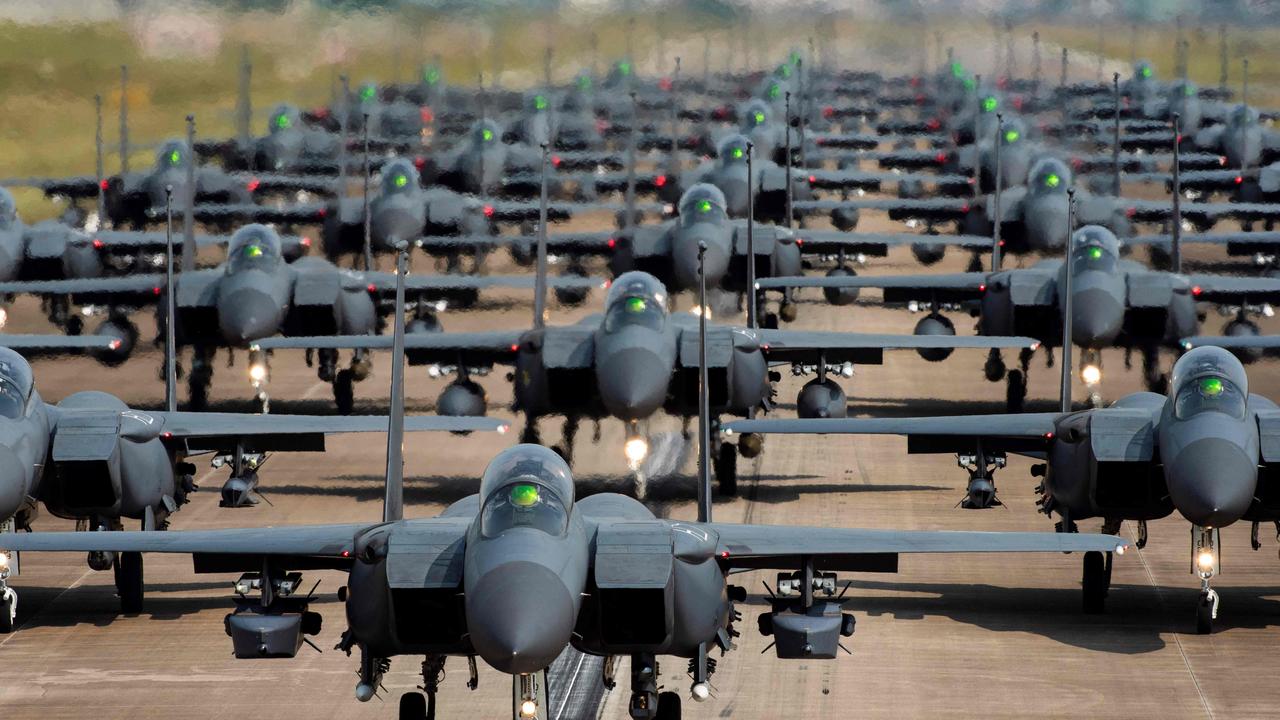
In a Facebook post, Na outlined “three principles” for securing nuclear armaments.
First, to persuade Washington to excuse South Korea’s plans as it had Israel.
Second, to convince North Korea that it needed to engage in nuclear arms limitation talks.
And third: To start immediately.
The proposal was quickly rejected by the opposition Democratic Party (DP) as “childish” and “irresponsible”.
But South Korean public opinion is shifting.
In 2023, 34 per cent of respondents to a national survey voted in favour of acquiring its own nuclear weapons instead of relying on the US. This year, that figure had leapt to 45 per cent.
“The majority of respondents predicted that Trump’s election will deteriorate US-ROK relations,” the Korea Institute for National Unification (KINU) survey’s executive summary states.
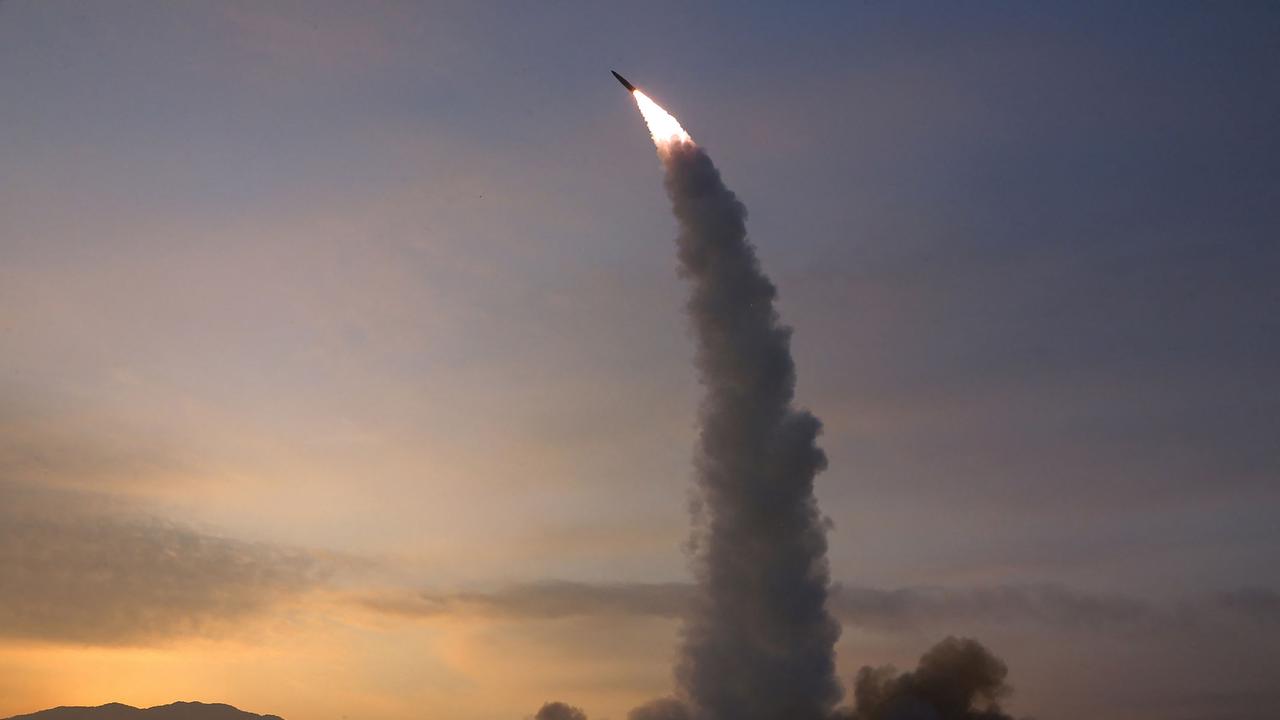
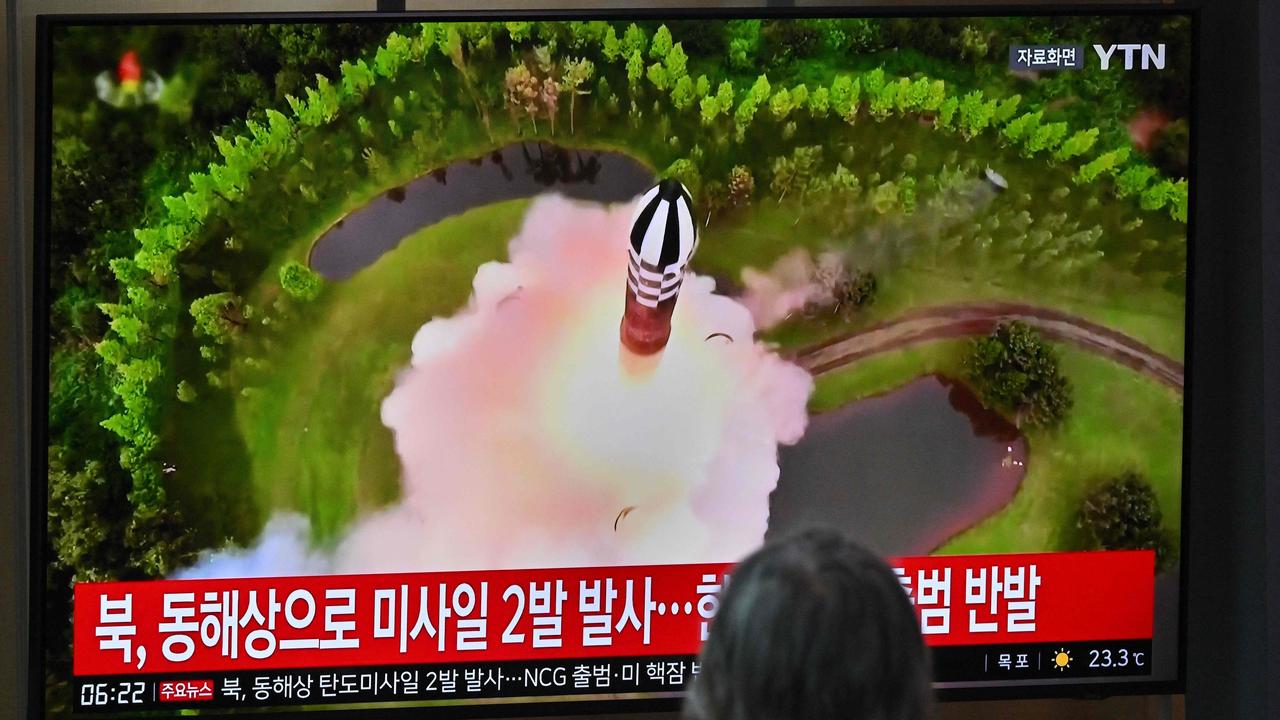
Mutually assured destruction
“Kim Jong-un’s legacy-seeking ambition is to become a nuclear weapons state on par with France or the United Kingdom by the end of the decade,” says Center for Strategic and International Studies (CSIS) senior vice president for Asia Victor Cha.
“All diplomatic efforts at negotiating away North Korea’s nuclear weapons have failed”.
International inspectors were barred almost 20 years ago, he says. And both China and Russia have recently begun ignoring international sanctions while at the same time blocking further UN action against the rogue state.
Military analysts widely agree that North Korea now holds a significant military edge over the South.
“North Korea’s nuclear program has advanced rapidly, reaching a critical stage where its nuclear arsenal is perceived as a ‘cocked pistol’, poised for immediate deployment,” says Singh.
“The overwhelming power of these nuclear weapons far exceeds that of South Korea’s entire conventional artillery, highlighting the immense challenge posed by North Korea’s nuclear arsenal.”
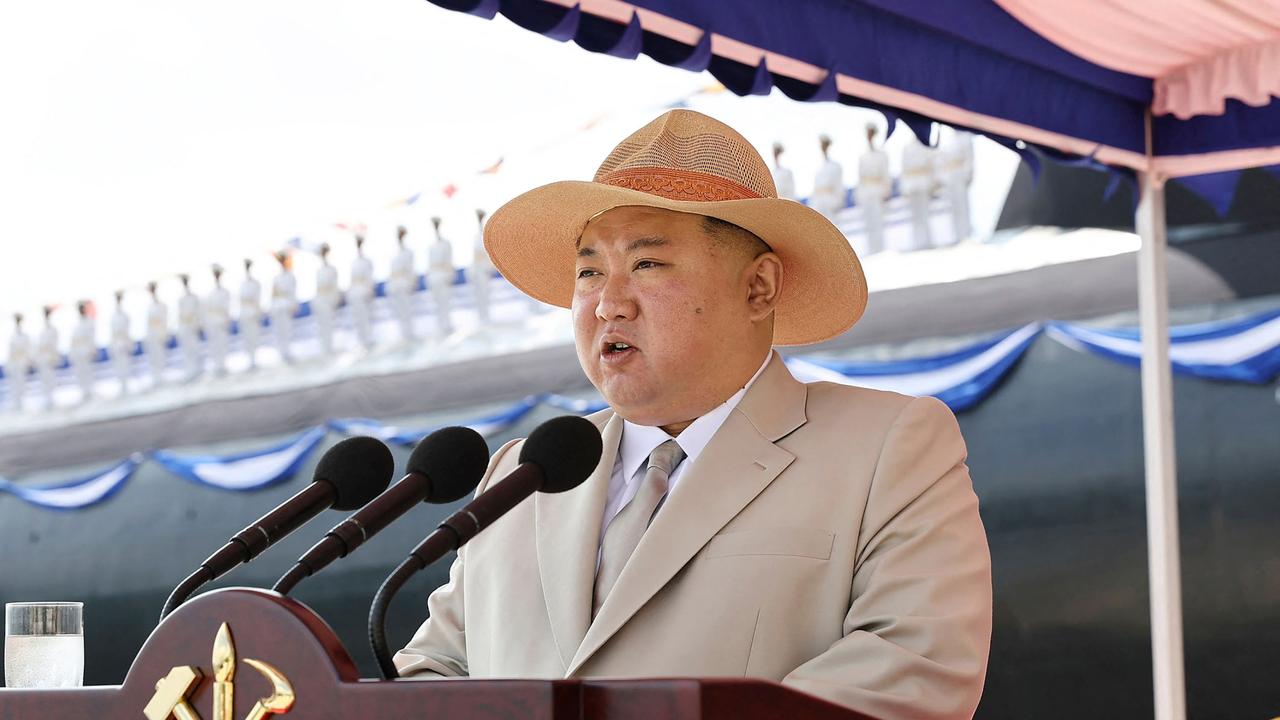
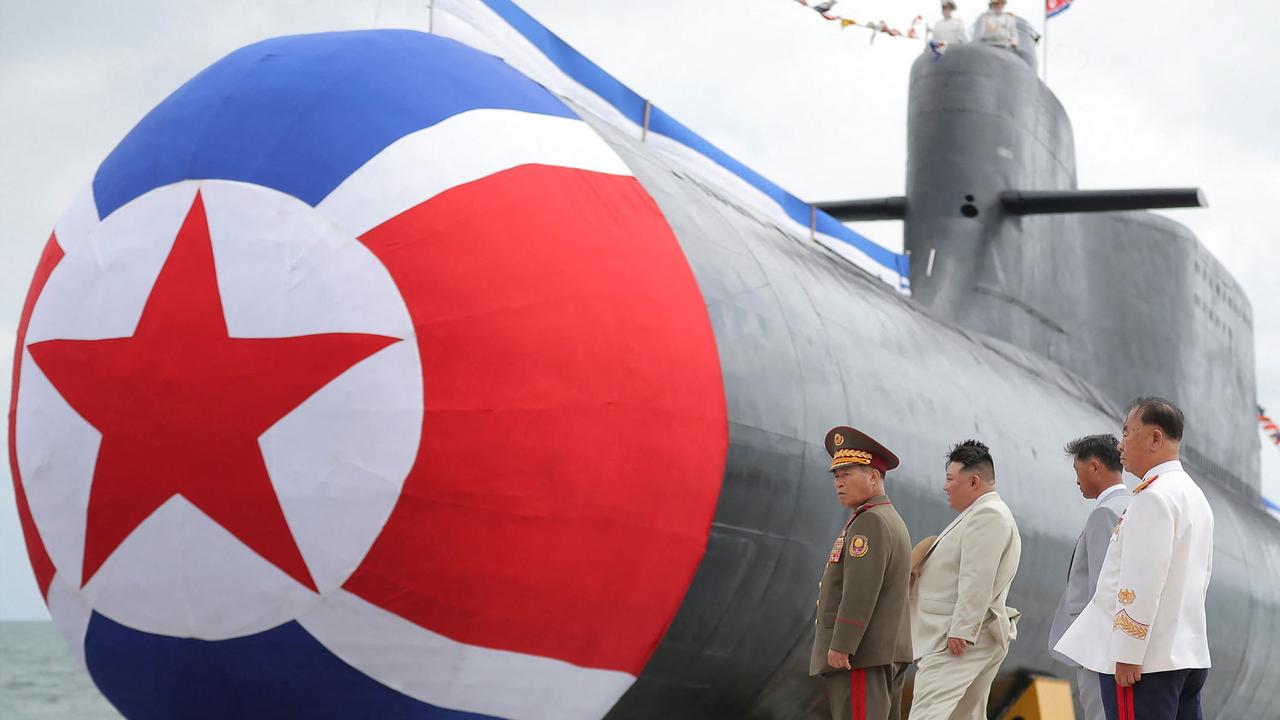
And Pyongyang has moved quickly to improve the effectiveness and survivability of its weapons.
It now has heavy trucks capable of moving ballistic missiles to remote parts of the country. And it is even developing a ballistic-missile-carrying submarine.
This has “heightened concerns about the potential for a sudden and devastating nuclear strike on South Korean territory,” says Singh.
PPP leadership candidate Na is tapping into this fear.
And widespread public opinion that Trump (who wants to pull out 28,500 US troops) is almost as much of a risk to national security as Russian President Vladimir Putin (who is providing Kim with missile technology).
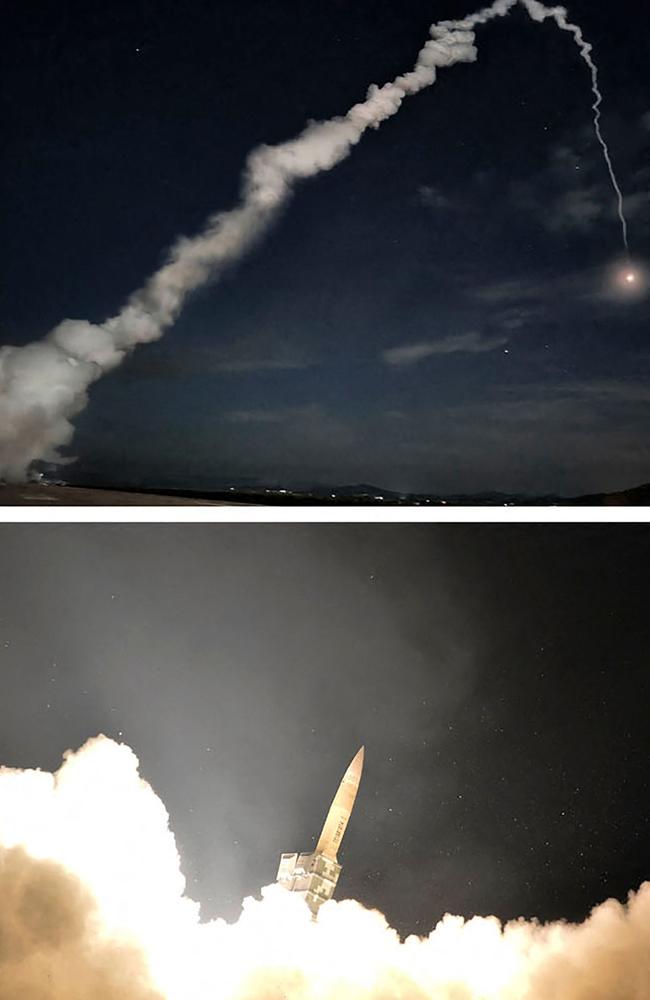
The tactical nuclear-armed unit of the Korean People's Army (KPA) firing two tactical ballistic missiles from North Korea. Picture: KCNA via KNS/AFP
The South Korean – US alliance “is functioning as a deterrent,” Na said at a recent address, “but it cannot guarantee changes in the future security environment”.
South Korean President Yoon Suk Yeol revived the spectre of nuclear proliferation early last year.
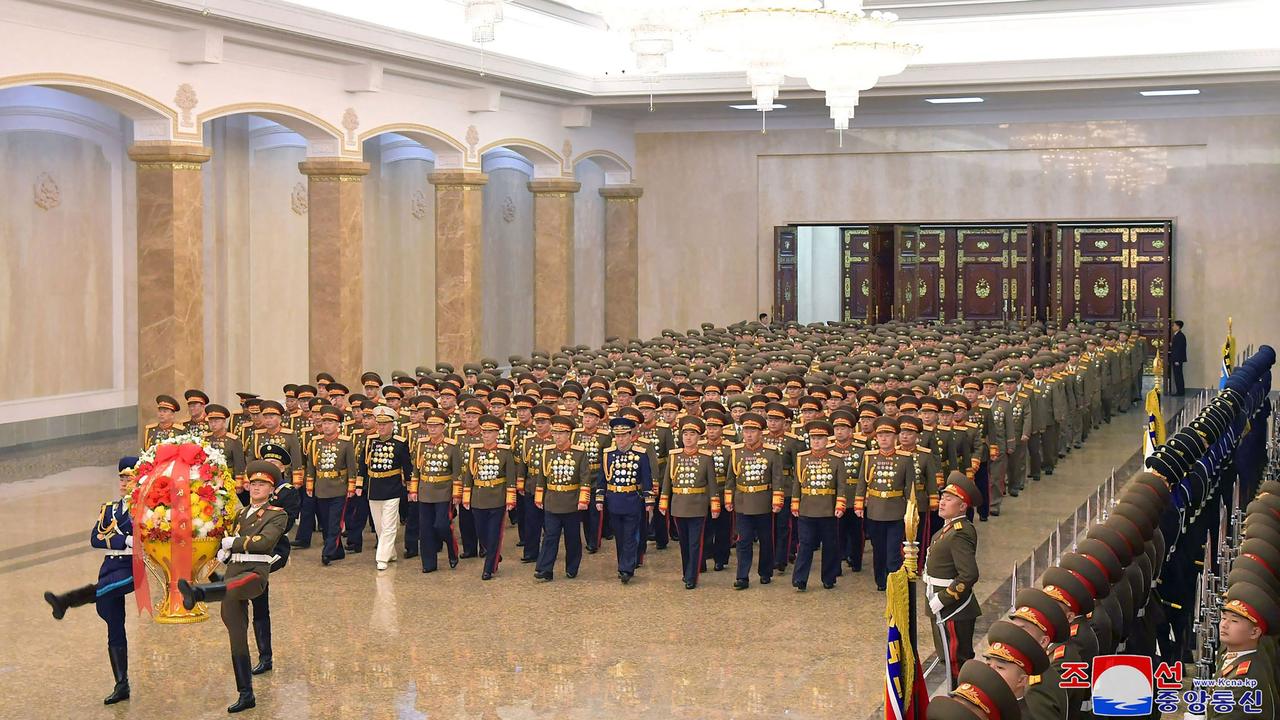
He stated his country now had enough scientific and technological know-how to quickly develop nuclear warheads and delivery systems if it so desired.
This set off a snowballing public and political debate.
“Supporters of the campaign cite historical examples where the US has tolerated the nuclear capabilities of certain allies when it served broader strategic interests,” Singh writes.
“As the nation deliberates its future, South Korea stands at a critical crossroads.
“The decisions made in the near term will have profound implications for its security and the stability of the Korean Peninsula.”
A new world order
“Is South Korea the next nuclear weapons state? The stakes of this question are exceedingly high,” says CSIS analyst Cha. “[Polls have] created an echo chamber effect where many pundits have accepted South Korean nuclear ambitions as a reality.”
But politics is a key driver for the debate.
Trump proclaims Putin to be a “genius”.
Trump professes to have fallen “in love” with Kim.
And, as President, Trump demanded Seoul pay the US $7.5 billion a year in “protection money”.
Last year, President Joe Biden reverted to the previously agreed $1.5 billion to help offset costs.
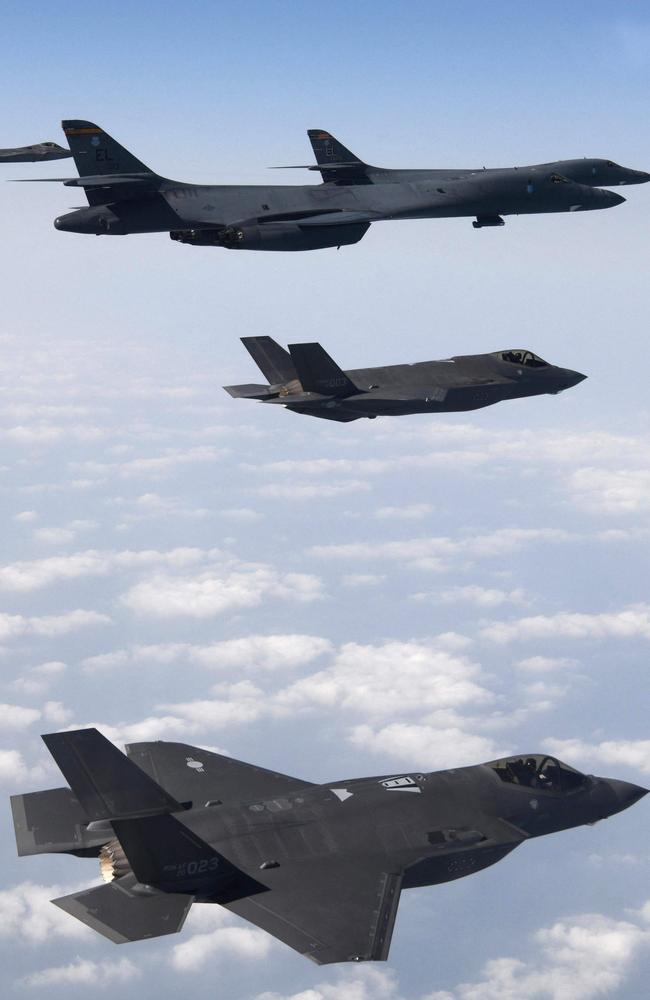
At the same time, President Biden promised President Yoon during a visit to the White House that “the full range of US. capabilities including nuclear” would be brought into play to protect South Korean sovereignty.
South Korea has little cause to believe the US would turn a blind eye to its nuclear program, as it has Israel.
Instead, any firm steps towards acquiring nuclear technology may severely damage the alliance.
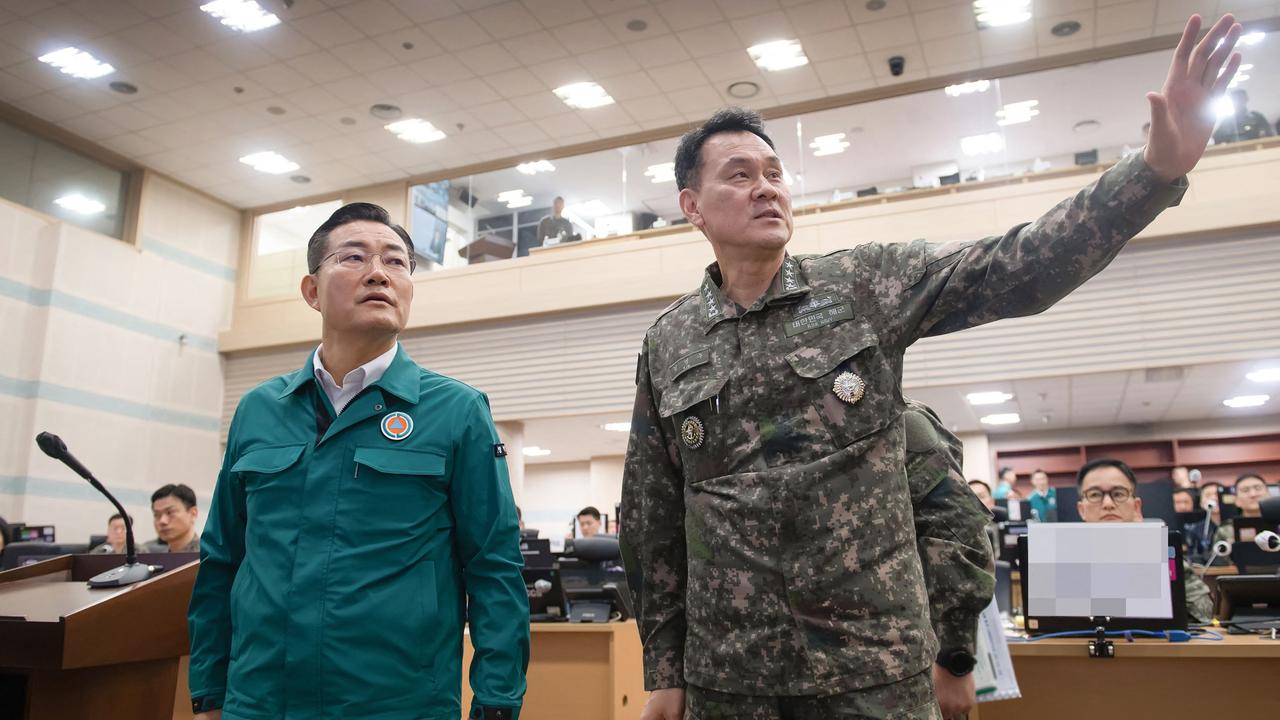
That’s because it would likely trigger a “nuclear domino effect” among other states staring down expansionist threats from North Korea, China and Russia.
This could include the advanced economies of Japan and Taiwan.
Cha, however, says he believes this to be unlikely.
“Concerns about a nuclear South Korea are exaggerated,” he writes. “A minority of South Korean foreign policy thinkers – only 34 per cent – believe that their government should consider the nuclear option, while upwards of 66 per cent disagree or remain uncertain about such a proposition.”
But this, he concedes, is not set in concrete.
“If security deficits emerge on the peninsula, and US security commitments lose credibility, then South Korean support for going nuclear would increase dramatically,” he concludes.
“More specifically, if Donald Trump returns to the presidency with an “America First” policy that denigrates alliances and seeks the retrenchment of US security commitments, then support for a nuclear capability by South Korea among non-nuclear advocates would grow exponentially.”
Jamie Seidel is a freelance writer | @JamieSeidel